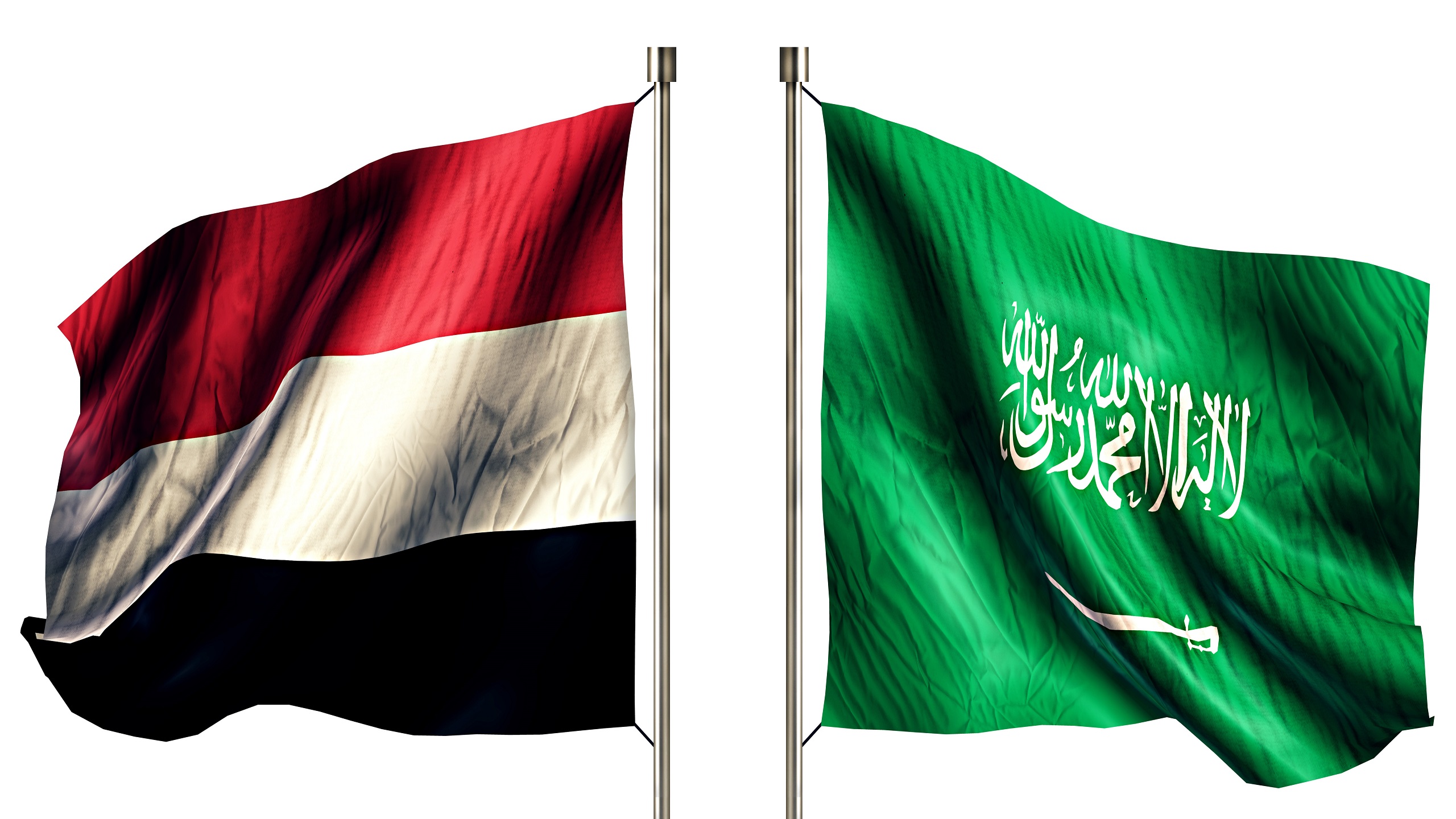Saudi Grant Throws Yemen a Lifeline as Salaries Stall and Services Strain
Yemen’s Presidential Leadership Council (PLC) on Saturday welcomed a 1.38 billion Saudi riyal (about $368 million) aid package from Saudi Arabia to stabilize the economy and keep essential services running in government-held areas. The funds—channeled through the Saudi Program for the Development and Reconstruction of Yemen (SPDRY)—will support the state budget, petroleum subsidies, and public services, with a portion earmarked for operating the Prince Mohammed bin Salman Hospital in Aden, officials said.
PLC chief Rashad Al-Alimi praised Riyadh’s move as a lifeline for a cash-strapped government that has struggled to pay tens of thousands of civil servants in southern cities. “The grant reflects Riyadh’s ‘strong commitment to the Yemeni people and their aspirations for stability, peace, and development,’” Al-Alimi said, adding that the package dovetails with ongoing reforms. Yemen’s Prime Minister Salem bin Buraik said the injection should reinforce the economy and protect recent policy gains. Saudi Arabia’s foreign ministry said SPDRY would administer the grant to steady critical sectors.
This holiday season, give to:
Truth and understanding
The Media Line's intrepid correspondents are in Israel, Gaza, Lebanon, Syria and Pakistan providing first-person reporting.
They all said they cover it.
We see it.
We report with just one agenda: the truth.


The support lands in a fraught landscape. Yemen’s civil war, which erupted in 2014 when the Houthi movement seized Sanaa, shattered the economy, split state institutions, and devalued the currency. The Saudi-led coalition intervened in 2015; a UN-backed truce in 2022 reduced front-line fighting but never produced a political settlement. Real GDP per capita has fallen by more than half since the conflict began, and millions rely on aid. The PLC—formed in April 2022 to unify anti-Houthi factions—operates from Aden, where fuel costs, salary arrears, and collapsing municipal services have stirred public anger.
By tying funds to budget support and service delivery, Riyadh aims to buy time for reforms and keep basic systems functioning while international efforts continue toward a broader peace framework.

